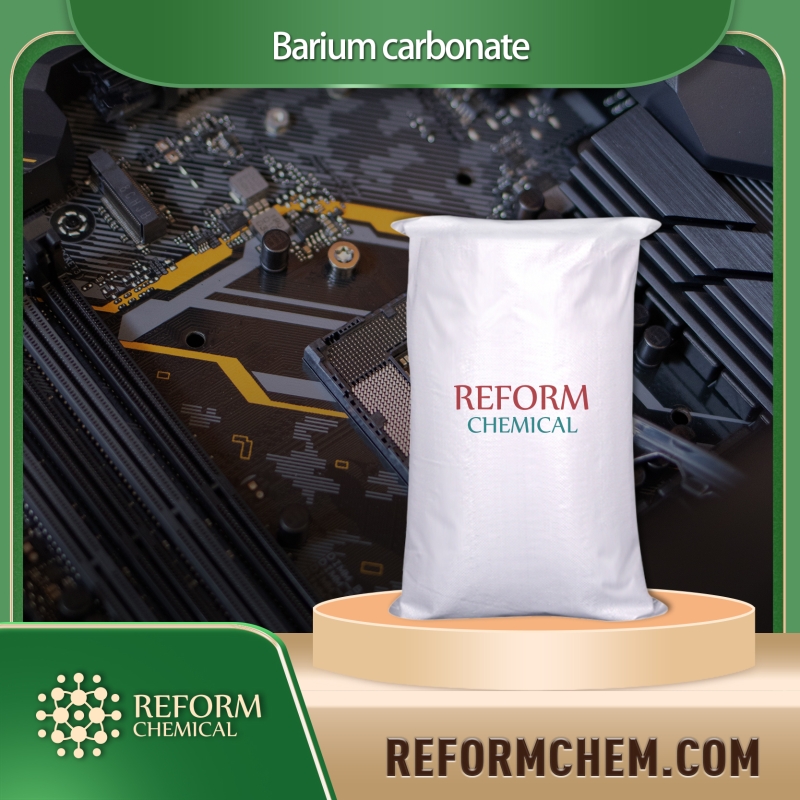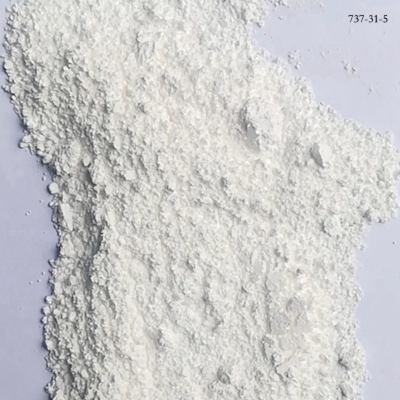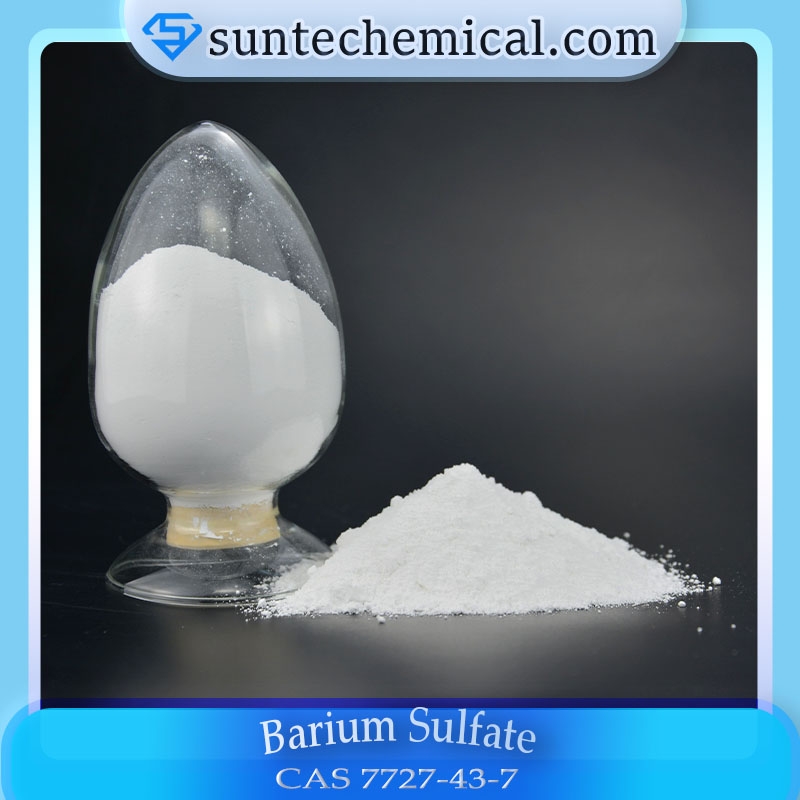-
Categories
-
Pharmaceutical Intermediates
-
Active Pharmaceutical Ingredients
-
Food Additives
- Industrial Coatings
- Agrochemicals
- Dyes and Pigments
- Surfactant
- Flavors and Fragrances
- Chemical Reagents
- Catalyst and Auxiliary
- Natural Products
- Inorganic Chemistry
-
Organic Chemistry
-
Biochemical Engineering
- Analytical Chemistry
-
Cosmetic Ingredient
- Water Treatment Chemical
-
Pharmaceutical Intermediates
Promotion
ECHEMI Mall
Wholesale
Weekly Price
Exhibition
News
-
Trade Service
Ref: Trevisi G, et alWorld Neurosurg2018 Jun 30pii: S1878-8750 (18) 31401-3doi: 10.1016/j.wneu.2018.06.185Mild brain trauma (mild brain brain injury, MTBI) refers to the GCS score of 14-15, with or without loss of unconscious, and no neurofunction disorder, is the most common TBI patient admitted to the emergency departmentCurrent "guidelines" suggest that this type of head injury should be admitted to hospital for the first cts scan and, if necessary, a CT reviewHowever, the best timing and frequency of CT-positive MTBI patients for ct-positive ct is still unclearGianluca Trevisi of the Institute of Neurosurgery at the University of Rome-Catorica del Sacroku, Italy, and the results were published online in June 2018retrospective analysis of the study of 222 patients with initial CT-positive treatment and initial CT-positive treatment from January 2008 to December 2015According to the time of the first CT scan to the repeat scan is divided into 3 groups: Group A, CT scans range from 0 hours to 12 hours to 24 hours in hospital, Group B, CT scans from 0 hours to 12 hours to 48 hours, and Group C, CT scans from 0 hours to 24 hours to 48 hours of admissionAssess changes in trauma conditions at CT at different points in 3 groupsThe use of card testing to compare the differences in the deterioration or stability of post-traumatic diseaseresults showed that 146 cases were repeated CT scans 12 hours after admission, 81 were repeated lysons within 24 hours of admission, and 143 were repeated CT scans within 48 hours of admissionThe initial CT showed 17 cases of epidural hematoma, 106 cases of sub-dura hematoma, 10 cases of hypodural fluid, 110 cases of cerebral bruising, 109 cases of subcavity bleeding of cobwebs and 12 cases of hemorrhage in the brain chamberIn any of the 3 groups, there was no significant deterioration of post-traumatic conditions in the first and second CT scansthe authors, there was no significant benefit for patients with mild brain trauma who were positive in the initial CT scan and clinically stable However, in clinical practice, it is not possible not to carry out CT review of this type of patient, so as long as the nervous system function is stable, it is recommended that CT scan review can be delayed to 48 hours after injury; This conclusion applies to patients with antiplatelet or anticoagulant treatment (
Wu Ocean, of Neurosurgery, Second Hospital, Lanzhou University, and Professor Wang Zhiqiu , of Huashan Hospital, affiliated with Fudan University, is the editor-in-chief of "Outside The God Information" and professor of The university's affiliated Huashan Hospital Chen Jicheng ) related links







